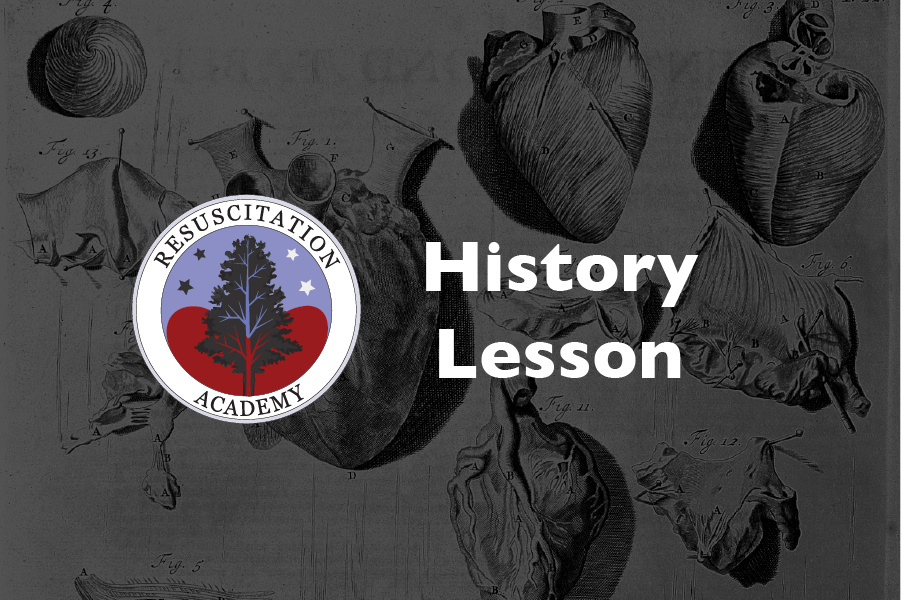It Takes a System to Save a Victim
One of the RA’s mantras is it “takes a system to save a victim.”
We believe that survival rates in a community will improve if their EMS and communications departments work together, have strong leadership, and foster a culture of excellence.
An EMS system must be optimized at every level to save the most lives. The Resuscitation Academy has created the Cardiac Arrest System Assessment using the American Heart Association’s benchmarks for T-CPR, HP-CPR, and an optimized chain of survival.
This assessment looks at a community through the lens of the AHA’s performance benchmarks. We also go a step further. We explore factors that support a community’s ability to reach those benchmarks. For example:
How can EMTs reliably meet a compression depth of 2” if they rarely practice, or if they don’t have data about their performance?
How can a telecommunicator meet the AHA’s benchmark of <180 seconds between the call answer and first compression if their calls are never audited or if their Medical Director doesn’t help them understand the urgency behind that time limit?
How effective is it to teach citizens CPR if their telecommunicators don’t prompt them to start it, or if they’re not also taught about AEDs, or if there is no public notification program to alert them when CPR is needed?
The System Assessment looks at a community’s performance within five distinct pre-hospital programs which support a successful EMS system. It also looks at the interdepartmental collaboration, processes, culture and leadership for each of those programs. Each of these factors must be present to support strong performance and to save the most lives. Using the System Assessment, RA consultants give communities the full picture of how they can optimize their performance.
Start improving your system by taking the short, free online version of our assessment tool.
Go to www.resuscitationacademy.org/casa to learn more.
Then, if you’d like to connect with our consultants and do an in-depth analysis of your system, contact our Program Manager, Tegan Hampton, at tegan@resuscitationacademy.org.
The Resuscitation Academy











There are opportunities to significantly increase survival from out of hospital cardiac arrest. Implementation of existing standards and training programs for telephone CPR and high-performance CPR will do much to improve survival.